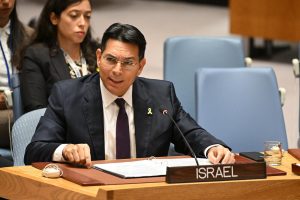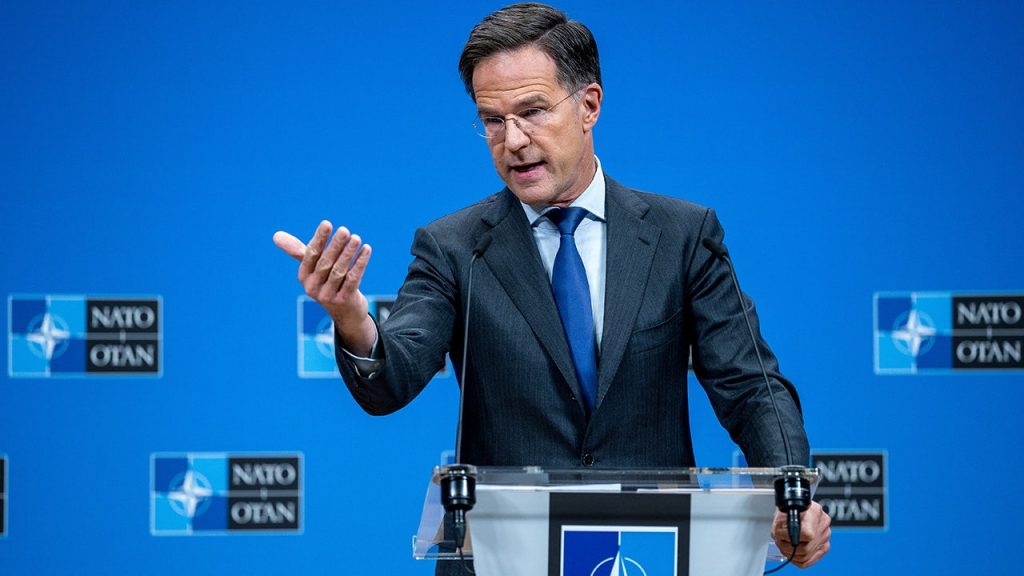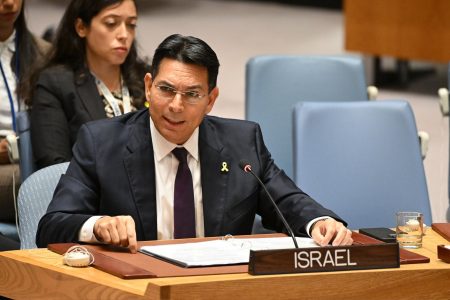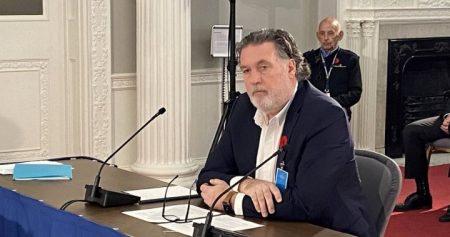NATO Secretary General Jens Stoltenberg’s stark assessment of the global security landscape, delivered at a Carnegie Europe conference in Brussels, underscores the gravity of the challenges confronting the transatlantic alliance and the world at large. Painting a picture of a world teetering on the brink of a protracted conflict, Stoltenberg emphasized the urgency for European nations and Canada to bolster their defense capabilities, adopting a “wartime mindset” in the face of escalating threats. His words resonate with a sense of foreboding, echoing the anxieties of a world grappling with the resurgence of great power competition and the erosion of the post-Cold War order.
Stoltenberg’s address centered on two primary threats: Russia’s unrestrained aggression in Ukraine and the growing assertiveness of China on the global stage. He portrayed Russia’s ambitions as extending far beyond Ukraine’s borders, asserting that Putin’s ultimate aim is to dismantle the liberal democratic order and undermine the very foundations of European security. The proximity of the conflict, a mere day’s drive from Brussels, served to highlight the immediacy of the threat and the potential for further escalation. The involvement of Iranian drones and North Korean soldiers in the Ukraine conflict further underscores the complex and interconnected nature of the security challenges, highlighting the potential for regional conflicts to morph into broader global confrontations.
The call for a “wartime mindset” signifies a paradigm shift in NATO’s strategic thinking, moving away from the relative complacency of the post-Cold War era to a more assertive posture. This shift necessitates a significant increase in defense spending, a long-standing point of contention within the alliance. Stoltenberg’s emphasis on the 2% of GDP defense spending target, previously seen as an aspirational goal, now takes on the urgency of a critical necessity. The fact that only a handful of NATO members currently meet this benchmark underscores the scale of the challenge and the need for a collective effort to strengthen the alliance’s defensive capabilities.
The timing of Stoltenberg’s remarks, shortly after a divisive US presidential election and amid heightened geopolitical tensions, adds another layer of complexity to the situation. While the incoming US administration’s stance on NATO and its commitment to European security remains uncertain, there is a growing consensus within the alliance about the need for greater burden-sharing and a more robust collective defense posture. The mention of former President Trump’s prior criticisms of NATO members’ defense spending, coupled with his stated intention to pursue a peace agreement with Russia, highlights the potential for transatlantic disagreements and the need for clear communication and coordination within the alliance.
The increased defense spending by several NATO members in response to Russia’s invasion of Ukraine demonstrates a growing recognition of the seriousness of the threat and a willingness to invest in collective security. However, the fact that several members still fall short of the 2% target underscores the ongoing challenge of ensuring equitable burden-sharing within the alliance. The leadership of Poland and Estonia in defense spending as a percentage of GDP serves as a stark reminder of the vulnerability of frontline states and the importance of collective defense in deterring further aggression.
The evolving geopolitical landscape demands a reassessment of NATO’s strategic priorities and a renewed commitment to the principles of collective defense. The alliance must adapt to the changing nature of warfare, incorporating new technologies and addressing emerging threats such as cyberattacks and disinformation campaigns. Moreover, NATO must strengthen its partnerships with democratic nations around the world to counter the growing influence of authoritarian regimes. The challenges ahead are formidable, but by embracing a “wartime mindset” and investing in collective security, NATO can ensure the preservation of peace and stability in a world facing unprecedented uncertainty.










